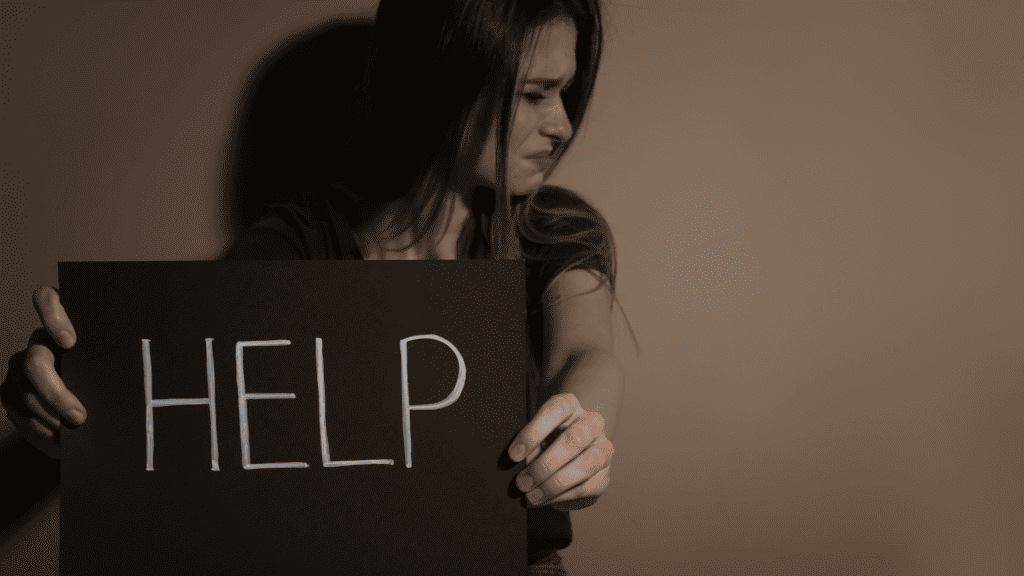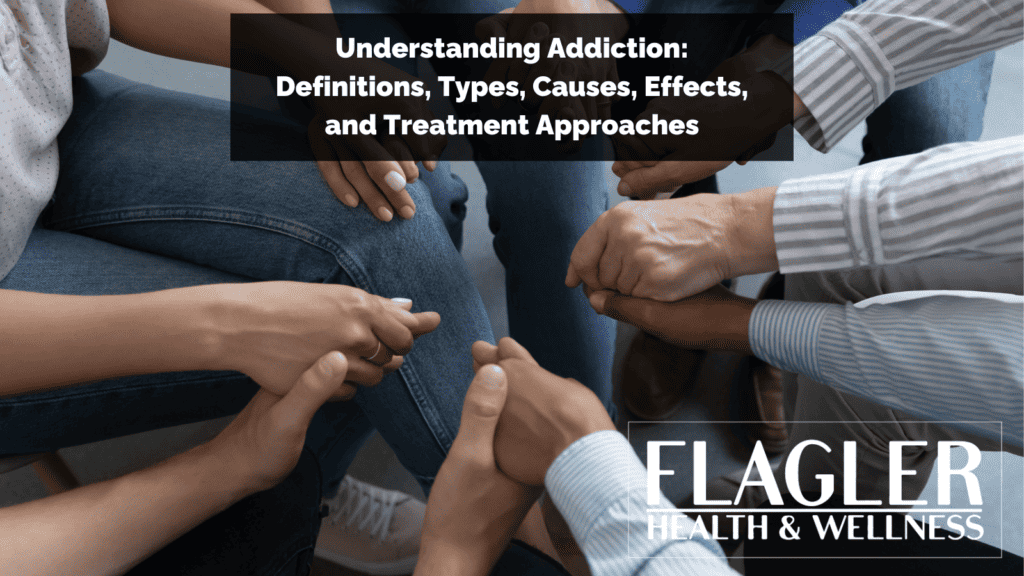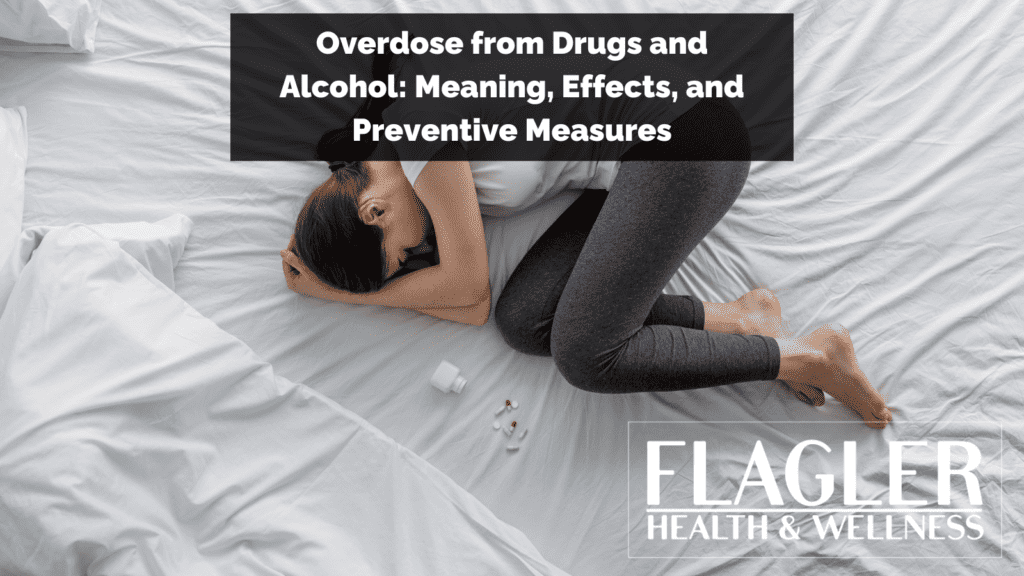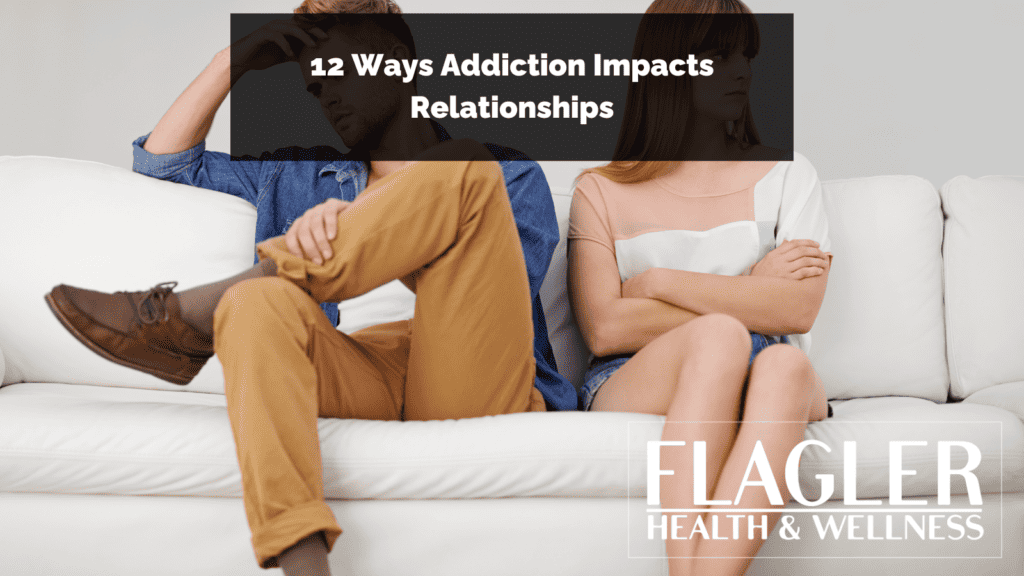Substance abuse is a significant concern that affects countless individuals and their families. It can gradually creep into a person’s life, making it challenging to discern when casual use becomes a problematic addiction. It’s important to shed light on the common symptoms of substance abuse, highlighting the crucial signs that indicate it’s time to seek professional help.
Although it can be difficult to admit that you or a loved one are struggling with an addiction, it’s the first step to getting the help you need. Let’s explore some common signs and symptoms of substance use so you can gain clarity about your situation.
Common Symptoms of Substance Abuse And Signs You Need Help
Some common symptoms of substance abuse include changes in a person’s behavior, depression, and self isolation. Substance abuse isn’t always about the frequency of consumption, but rather how it affects an individual’s life and their ability to function. Recognizing the early signs is vital, as it can lead to early intervention. Let’s explore some more common symptoms of substance abuse in detail:
1. Withdrawal Symptoms
Someone who has developed a dependency on a substance will experience withdrawal symptoms when they go a length of time without using. These symptoms can include irritability, uncharacteristic outbursts, depression, unseasonal flu like symptoms, headaches, nausea, and more. Addiction can also impact a person’s appearance and hygiene where they previously were well groomed and maintained.
2. Financial Problems
Some substances are expensive, and a substance use disorder can cause significant financial problems as people are focused on obtaining the substance of their choice. From going into debt to borrowing money from friends and family that they can’t afford to pay back, addiction can significantly impact a person’s financial wellbeing.
3. Neglecting Responsibilities
As a habit becomes an addiction, people may neglect their duties and responsibilities at work, school, and home, as the substance use takes up a great deal of a person’s focus and energy. This can go hand in hand with secretive behavior about their substance use and mysterious absences from activities or commitments that used to be a consistent part of their lives.
4. Lack of Interest In Friends And Hobbies
Addiction has a way of becoming the central focus of a person’s life. Using, preparing to use, and finding a way to keep the addiction a secret often takes up a great deal of energy, leading the individual to neglect friendships and pursuits they used to enjoy. If someone is socially withdrawn and not participating in hobbies they used to enjoy, it’s a clear sign that something is not right.
5. Changes In Weight
As an addiction progresses, it’s common for people to experience dramatic changes in weight. Certain drugs like heroin suppress a person’s appetite, leading to weight loss, while alcohol use can lead to significant weight gain. In general, any kind of significant weight change can be a sign of health concern, so pay attention if a loved one has suddenly lost or gained a lot of weight.
6. Mood Swings & Erratic Behavior
Addiction has a significant impact on a person’s emotional well being and stability. It’s common for people to experience a range of emotional side effects from drug or alcohol use, including depression, anxiety, paranoia, and unexplained mood swings.
7. Neglecting Personal Hygiene
Drug use can lead to dramatic changes in a person’s physical appearance, including a lack of self care and grooming. This is an important sign that something is wrong, as no longer being able to keep up appearances is a clear sign that an addiction is progressing.
8. Drug Paraphernalia
A very obvious sign of addiction is if someone has different equipment and tools needed for drug use, such as syringes, burnt spoons, razor blades, lighters, prescription medication bottles, smoking pipes, and cigarette wrappers to name a few. Keep in mind though that someone can still be struggling with a substance use disorder and not have any drug paraphernalia at their home.
9. Decline In Physical Health
Substance use takes a toll on a person’s physical health. Some physical symptoms of addiction include flu-like symptoms, fatigue, bloodshot eyes, runny nose, headaches, and facial puffiness.
10. Secretive Behavior
Addiction and secrecy often go hand and hand. There can be a lot of shame involved with substance use, and people often do their best to keep it a secret from friends and family. Mysterious disappearances or appointments, not sharing their activities with others or lying about them is a clear warning sign that some kind of unhealthy behavior is taking place.

When Does Casual Substance Use Become An Addiction?
Casual substance use becomes an addiction when a person is unable to stop using a given substance despite the negative impact it is having on their life. Addiction is characterized by an intense focus on the substance, a growing tolerance – meaning you consume more to get the same effect, and the onset of withdrawal symptoms when the substance isn’t taken. These withdrawal symptoms can range from mild discomforts to severe physical and psychological disturbances.
Understanding the transition from casual use to addiction is crucial in recognizing the need for intervention before the situation spirals out of control. It’s common for individuals to believe that casual or recreational use is harmless. However, there is a thin line between moderate use and addiction. The shift from moderate consumption to addiction can be subtle, making it hard to notice until it becomes severe.
FAQs:
- What are early warning signs of a substance use disorder (SUD)?
Early warning signs can include neglecting responsibilities, changes in social circles, mood swings, and a loss of interest in activities or hobbies that used to be enjoyable.
- How do I know if I need help?
If substance use is negatively affecting your quality of life, relationships, health, or finances, or if you’ve tried to quit multiple times without success, it’s a clear sign that you need help.
- What is the difference between a habit and an addiction?
There’s a very fine line – but a habit won’t wreak havoc in your personal life, while an addiction inevitably does.
Signs It’s Time to Seek Help From Substance Abuse
Substance abuse is not just about the individual. Its ripple effects can touch everyone connected to the person. When relationships start deteriorating, job performance slips, legal issues arise, or health begins to decline, it is a clear indication to seek assistance.
When a person’s substance use is having a negative impact on their life and they are unable to stop using, it’s a clear indication that things have progressed beyond their control. Additionally, feelings of guilt or shame regarding substance use, or trying to quit multiple times without success, point towards the urgent need for professional intervention.
Finding Treatment
Recognizing the need for help is the first step on the road to recovery. The second is to find the right treatment program for your needs. In general, it’s important to seek out a reputable facility, and ensure that the treatment center has a team that includes medical professionals, therapists, and counselors.
Remember, seeking help is not a sign of weakness, but rather one of strength and self-awareness. Taking this step can usher in a brighter, substance-free future. At Flagler, we offer specialized programs tailored to an individual’s needs, ensuring the highest chance of your success. Contact us today!
Share This Post







